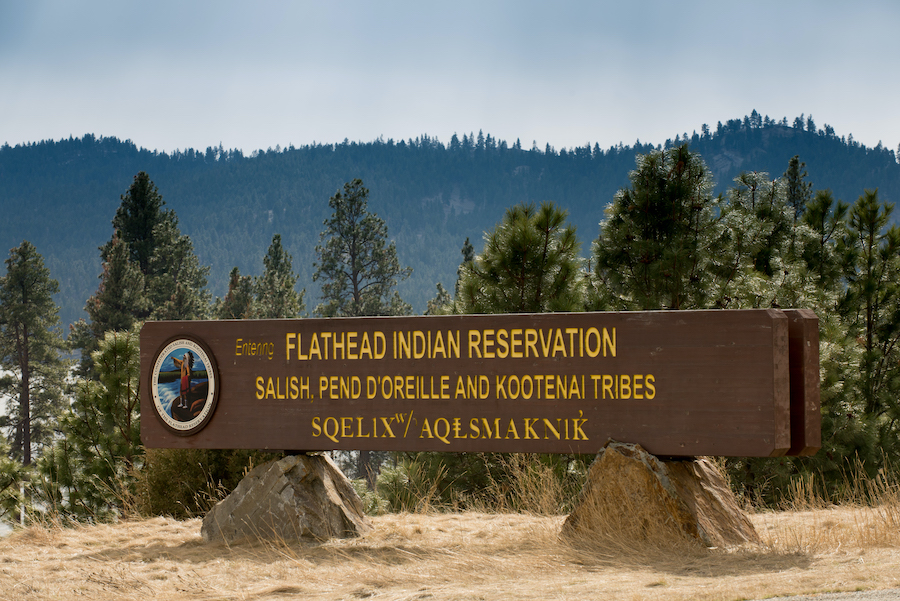
- Details
- By Native News Online Staff
MISSOULA — A Washington man who admitted to bringing methamphetamine to the Flathead Indian Reservation for redistribution was sentenced on Tuesday to 10 years in prison plus five years of supervised release, Acting U.S. Attorney Leif M. Johnson said in a statement.
Alberto Escareno-Sanchez, 27, of Sunnyside, Washington, pleaded guilty in March to possession with intent to distribute meth.
Want more Native News? Get the free daily newsletter today.
The government alleged that Flathead Tribal Police officers pulled over a vehicle in which Escareno-Sanchez was a passenger in January 2019. During a later search of the vehicle pursuant to a warrant, investigators found meth, a firearm, and other drug paraphernalia.
In July 2020, law enforcement served a search warrant on Escareno-Sanchez’s residence and found meth, heroin, two handguns, and $14,286 in currency. Escareno-Sanchez told law enforcement that the drugs, a gun, and the money belonged to him. Confidential informants also indicated to law enforcement that Escareno-Sanchez made trips to Washington to get meth for distribution on the Flathead Reservation.
U.S. District Judge Dana L. Christensen presided. Assistant U.S. Attorney Tara J. Elliott prosecuted the case, which was investigated by the Northwest Drug Task Force and Homeland Security Investigations.
The case is part of Project Safe Neighborhoods, a U.S. Department of Justice initiative to reduce violent crime. Through the project, federal, tribal, state and local law enforcement partners in Montana focus on violent crime driven by methamphetamine trafficking, armed robbers, firearms offenses and violent offenders with outstanding warrants.
More Stories Like This
Native News Weekly (August 25, 2024): D.C. BriefsUS Presidents in Their Own Words Concerning American Indians
Two Murdered on Colville Indian Reservation
NDAA passes House; Lumbee Fairness Act Advances
NFL, Vikings to Host Native All-American Game, Youth Flag Clinic
Help us defend tribal sovereignty.
At Native News Online, our mission is rooted in telling the stories that strengthen sovereignty and uplift Indigenous voices — not just at year’s end, but every single day.
Because of your generosity last year, we were able to keep our reporters on the ground in tribal communities, at national gatherings and in the halls of Congress — covering the issues that matter most to Indian Country: sovereignty, culture, education, health and economic opportunity.
That support sustained us through a tough year in 2025. Now, as we look to the year ahead, we need your help right now to ensure warrior journalism remains strong — reporting that defends tribal sovereignty, amplifies Native truth, and holds power accountable.
 The stakes couldn't be higher. Your support keeps Native voices heard, Native stories told and Native sovereignty defended.
The stakes couldn't be higher. Your support keeps Native voices heard, Native stories told and Native sovereignty defended.
Stand with Warrior Journalism today.
Levi Rickert (Potawatomi), Editor & Publisher

